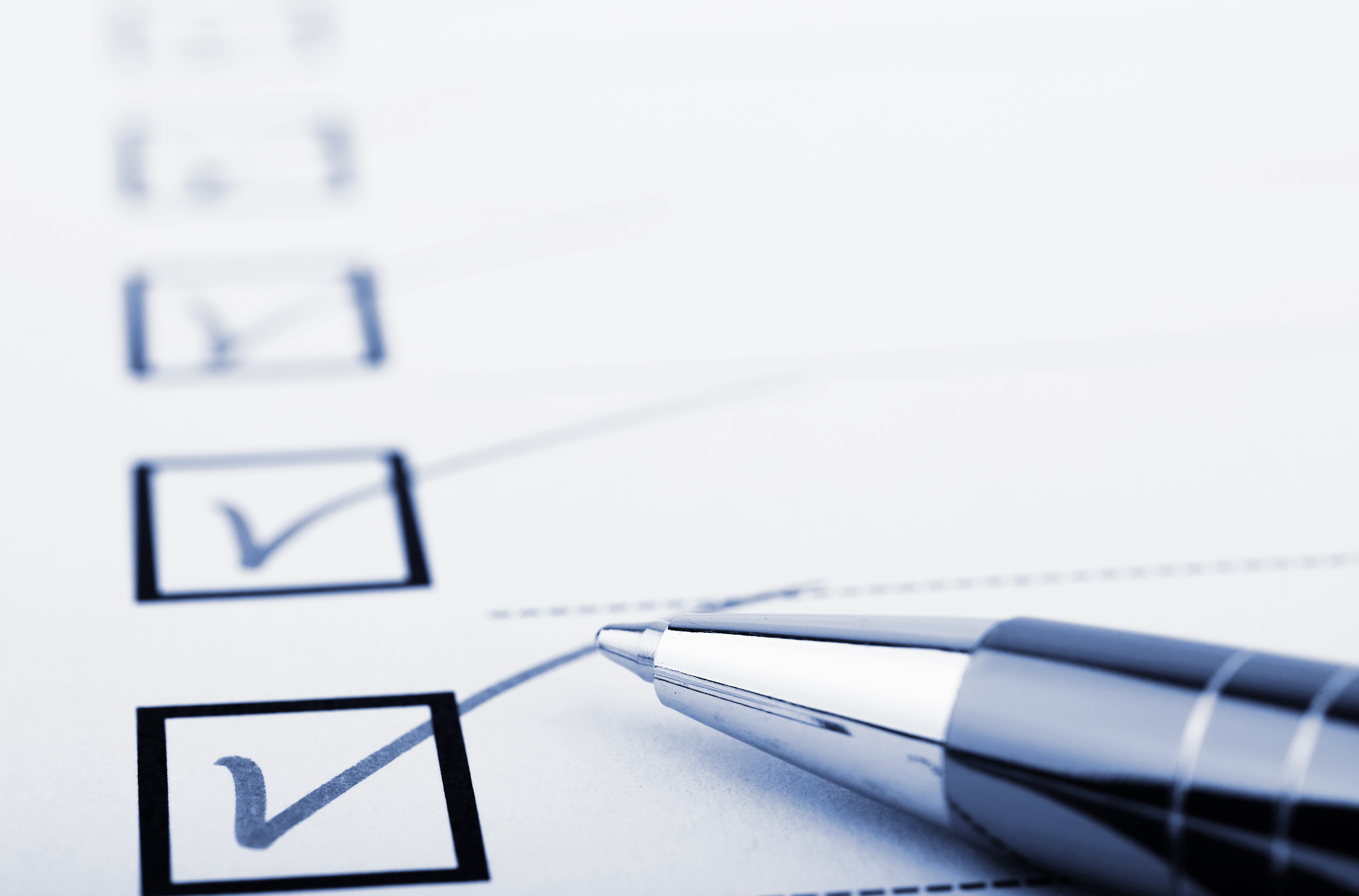Switching Financial Institutions Isn't As Bad As It Seems
For many people, the thought of switching to a new bank or credit union is intimidating, filled with several bureaucratic hoops to jump through and...
3 min read
 Chris Gottschalk
:
Nov 25, 2021 5:30:00 AM
Chris Gottschalk
:
Nov 25, 2021 5:30:00 AM

Even though switching financial institutions is nowhere near as difficult as most people believe, the process isn’t foolproof. People can make mistakes while switching to a new bank or credit union, and these mistakes can result in anything from mild inconvenience to lowering your credit score.
The good news is that simply being aware of mistakes can reduce the likelihood of you making them. If you know some of the most common mistakes switching banks or credit unions, the process will be a lot easier.
 One of the biggest mistakes you can make when switching financial institutions is not writing down the payments that you make using your old financial institution’s electronic bill pay service before switching. Even though you may think you know all the bills you have set up in electronic bill pay by heart, forgetting even one of them can lead to consequences such as late fees, suspension of service or even a company reporting your late payments to a credit bureau.
One of the biggest mistakes you can make when switching financial institutions is not writing down the payments that you make using your old financial institution’s electronic bill pay service before switching. Even though you may think you know all the bills you have set up in electronic bill pay by heart, forgetting even one of them can lead to consequences such as late fees, suspension of service or even a company reporting your late payments to a credit bureau.
The best way to avoid this is to write down everything that you’ve paid for using electronic bill pay, including loans and credit card bills, as well as how much you’ve paid each month. To be really thorough, download at least two months of bank statements and review them to make sure that you’ve not only listed the companies to whom you send money each month, but also companies to whom you send money irregularly.
The best thing about direct deposit is that you don’t have to think about getting your paycheck into your checking account once you’ve set it up. However, that advantage also makes it, and other automatic payments, easy to overlook when switching financial institutions.
 If you forget to transfer your direct deposit to your new bank or credit union, at best you’ll find yourself relying on your credit card for a few days while you transfer your paycheck from your old financial institution to your new one. At worst, you’ll rack up several overdraft fees as your new financial institution tries to pay any bills you’ve set up in electronic bill pay with money that isn’t being put in your new account.
If you forget to transfer your direct deposit to your new bank or credit union, at best you’ll find yourself relying on your credit card for a few days while you transfer your paycheck from your old financial institution to your new one. At worst, you’ll rack up several overdraft fees as your new financial institution tries to pay any bills you’ve set up in electronic bill pay with money that isn’t being put in your new account.
In order to avoid this, make a list of your direct deposits and other automatic payments. Then reach out to the companies or individuals on that list and work with them to get those payments transferred to your new account.
Once you’ve successfully opened an account at your new financial institution, set up electronic bill pay and transferred your direct deposits, it’s understandable that you would want to close your old account, especially if you’re being charged a monthly fee. Unfortunately, though, this is a mistake.
You’ll want to keep your old account open for at least two months after you’ve got your new account up and running, with at least enough money left in it to pay off a month’s worth of bills. This will give you a safety net that will prevent you from having any late payments on your record. If you’ve overlooked any automatic payments, you’ll also be able to transfer the money to your new account instead of having to wait for the person or company paying you to issue a new check after they learn that you no longer have an account at your old financial institution, a process that could take weeks.
Switching to a new financial institution isn’t hard. However, you do want to be careful while making the switch. Be sure to make a list of all the companies whom you pay using electronic bill pay and be sure that you get all automatic payments, including direct deposit, transferred to your account. You’ll also want to keep your old account open for a couple months after you’ve got your new account set up so you can still pay your creditors and get paid.
If you need help switching financial institutions, including becoming a member of First Alliance Credit Union, you can get a lot of useful information at our resource center. Our guide to switching financial institutions gives you advice for every step of the process, and our free downloadable switch kit has fillable forms that will help make the process easier and prevent you from making some of the most common mistakes people make when switching financial institutions.


For many people, the thought of switching to a new bank or credit union is intimidating, filled with several bureaucratic hoops to jump through and...

If you’re thinking about switching to a new bank or credit union, you might have come across some financial institutions offering something called a...

If you search the Internet for advice on how to switch to a new bank or credit union, odds are you’ll get a lot of articles that do their best to...